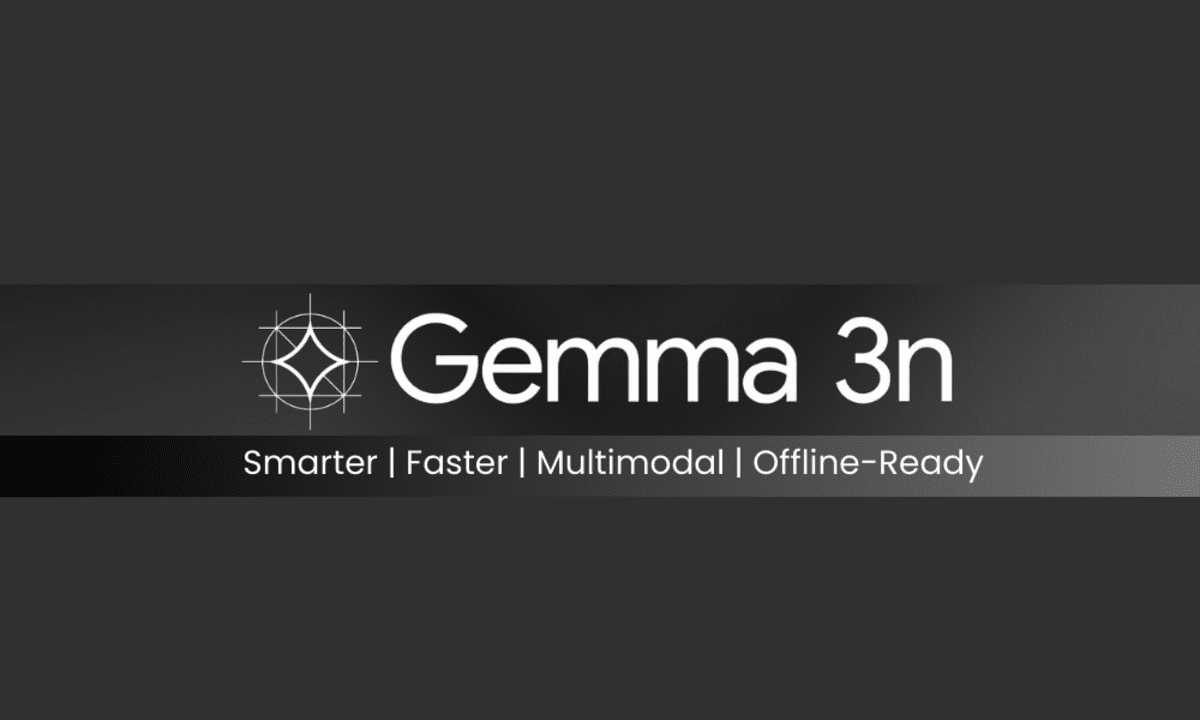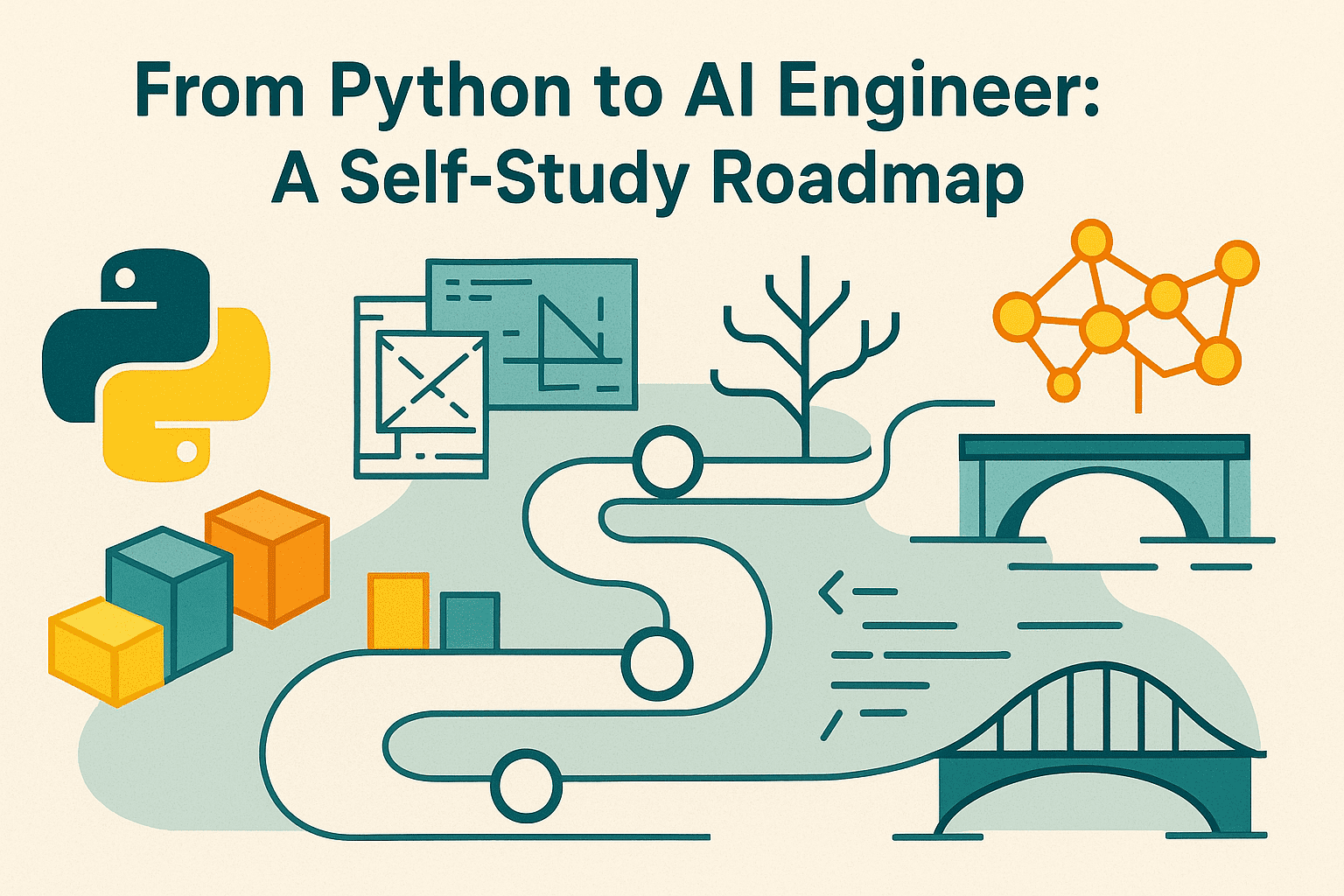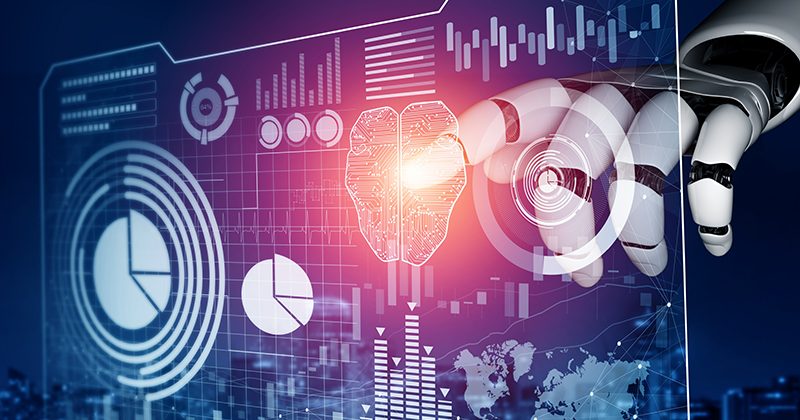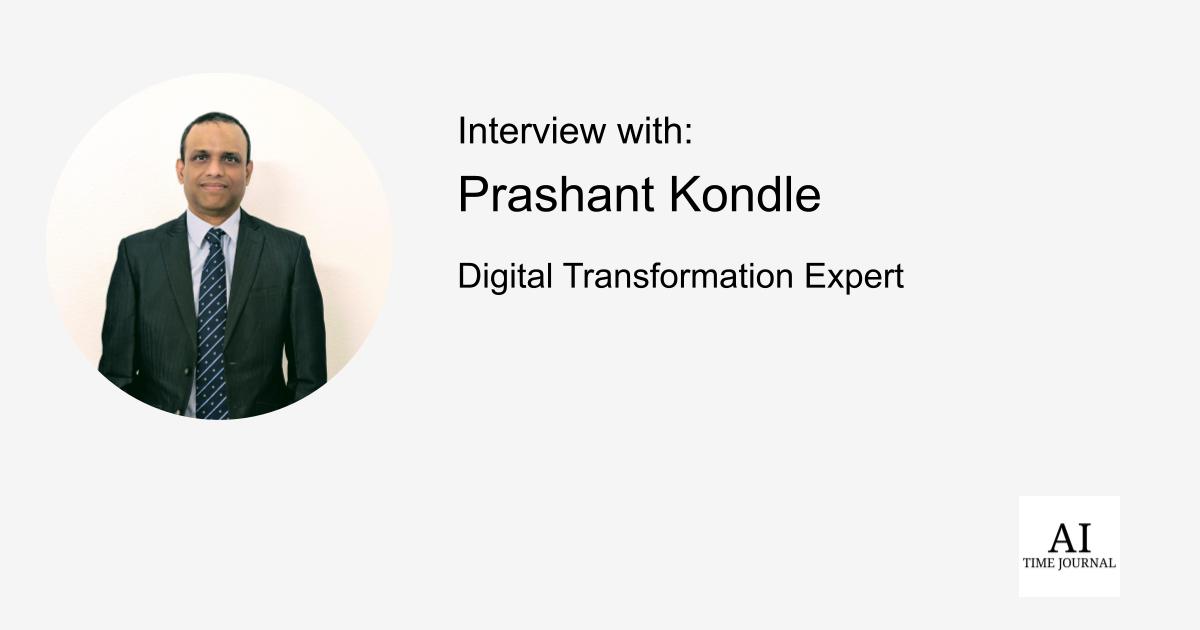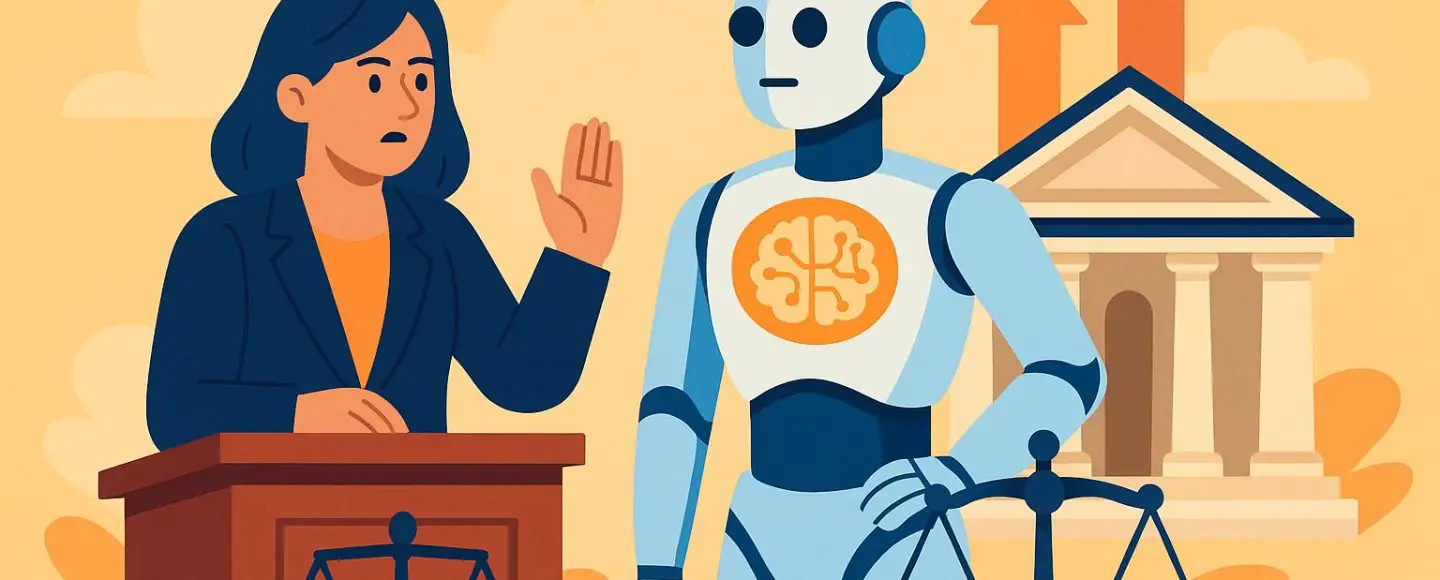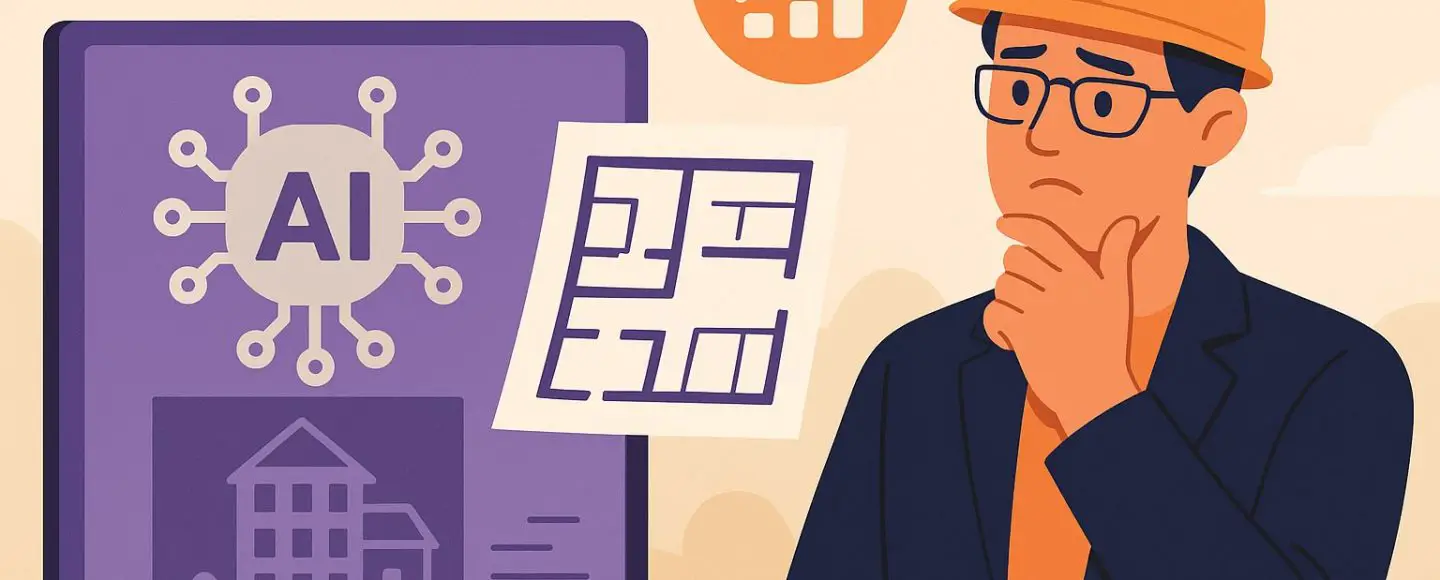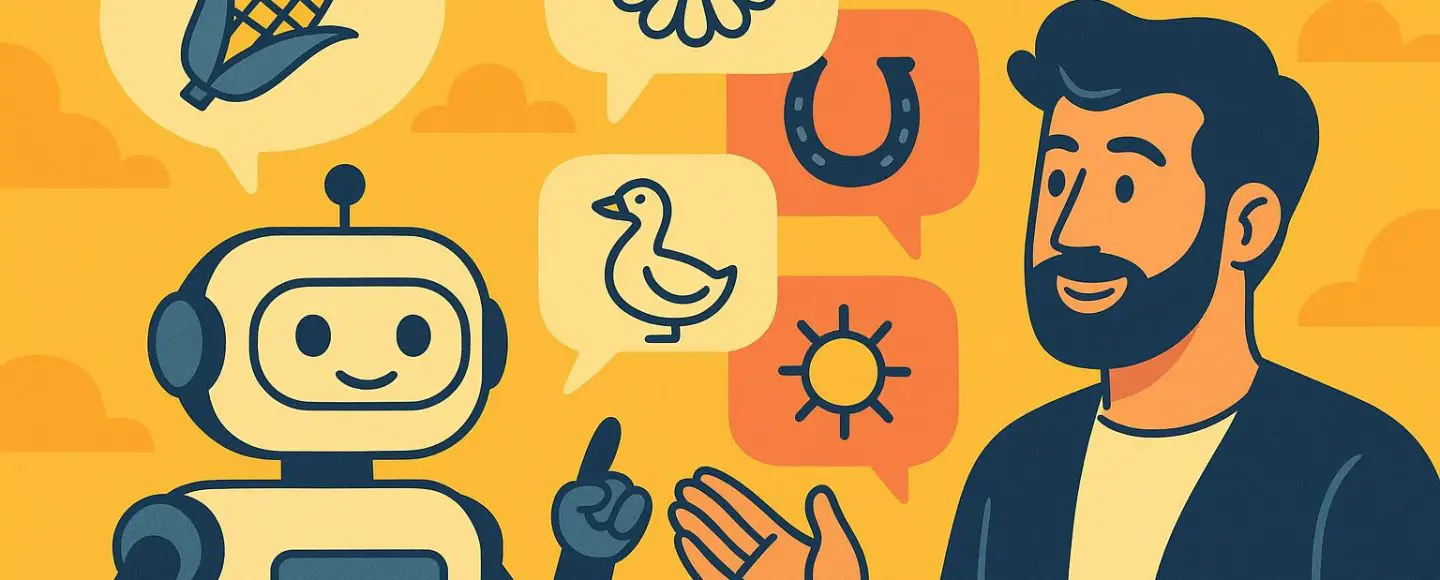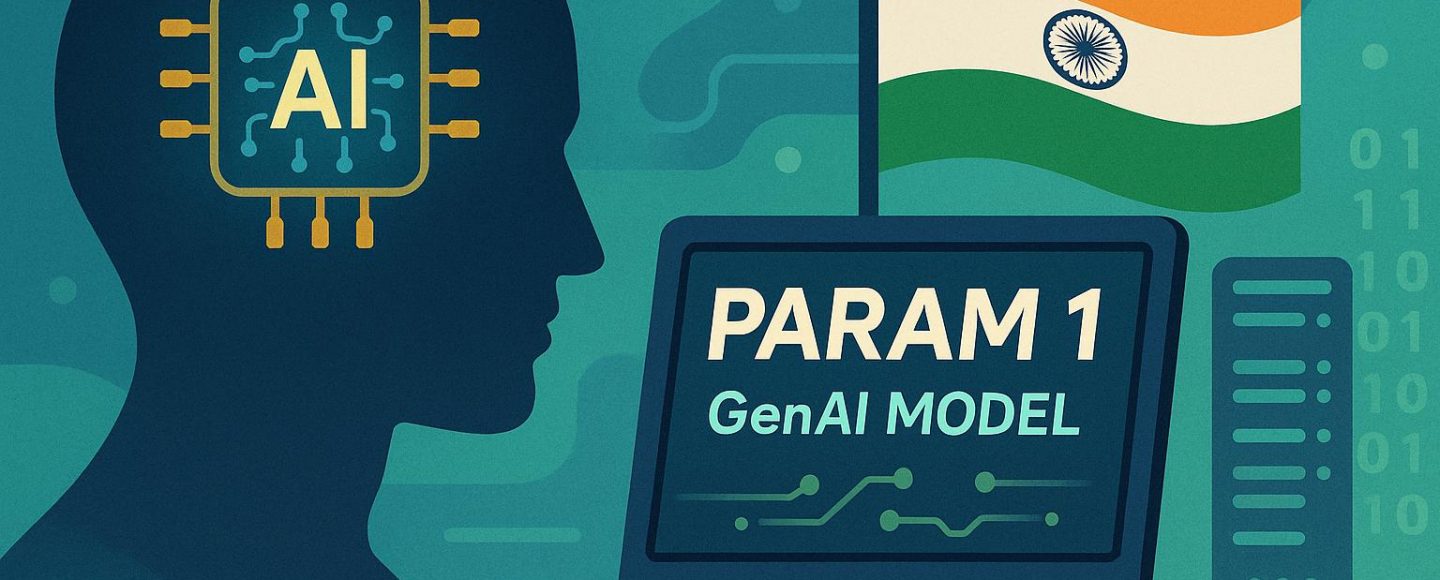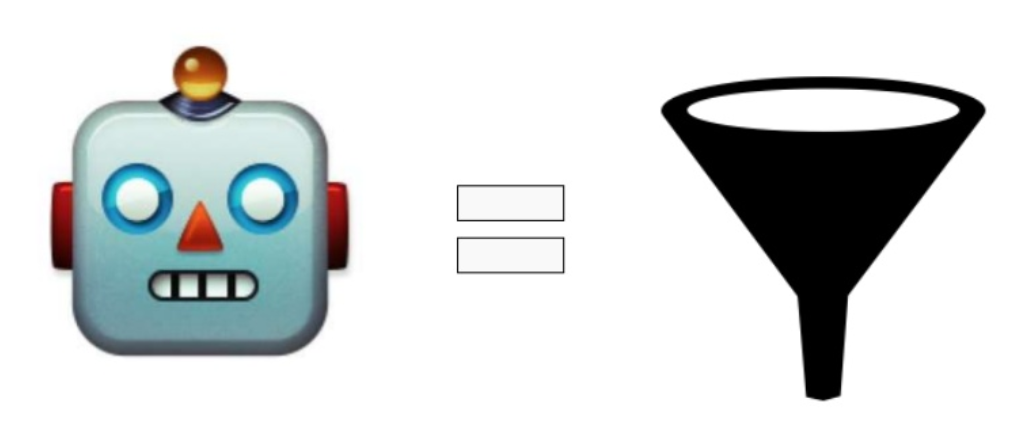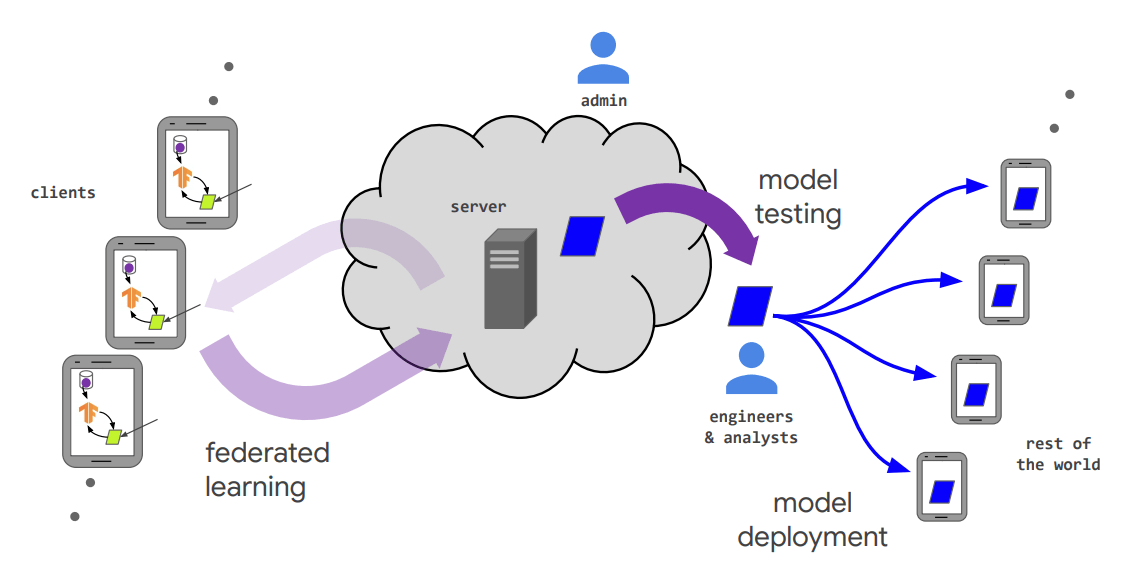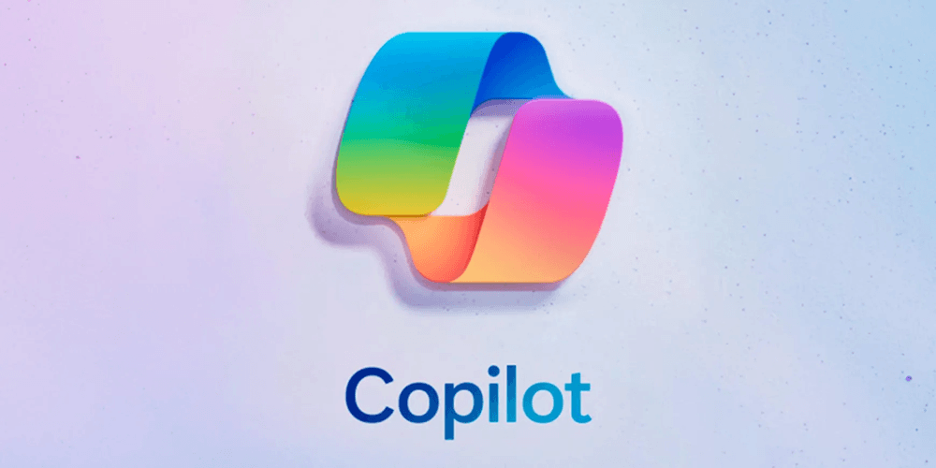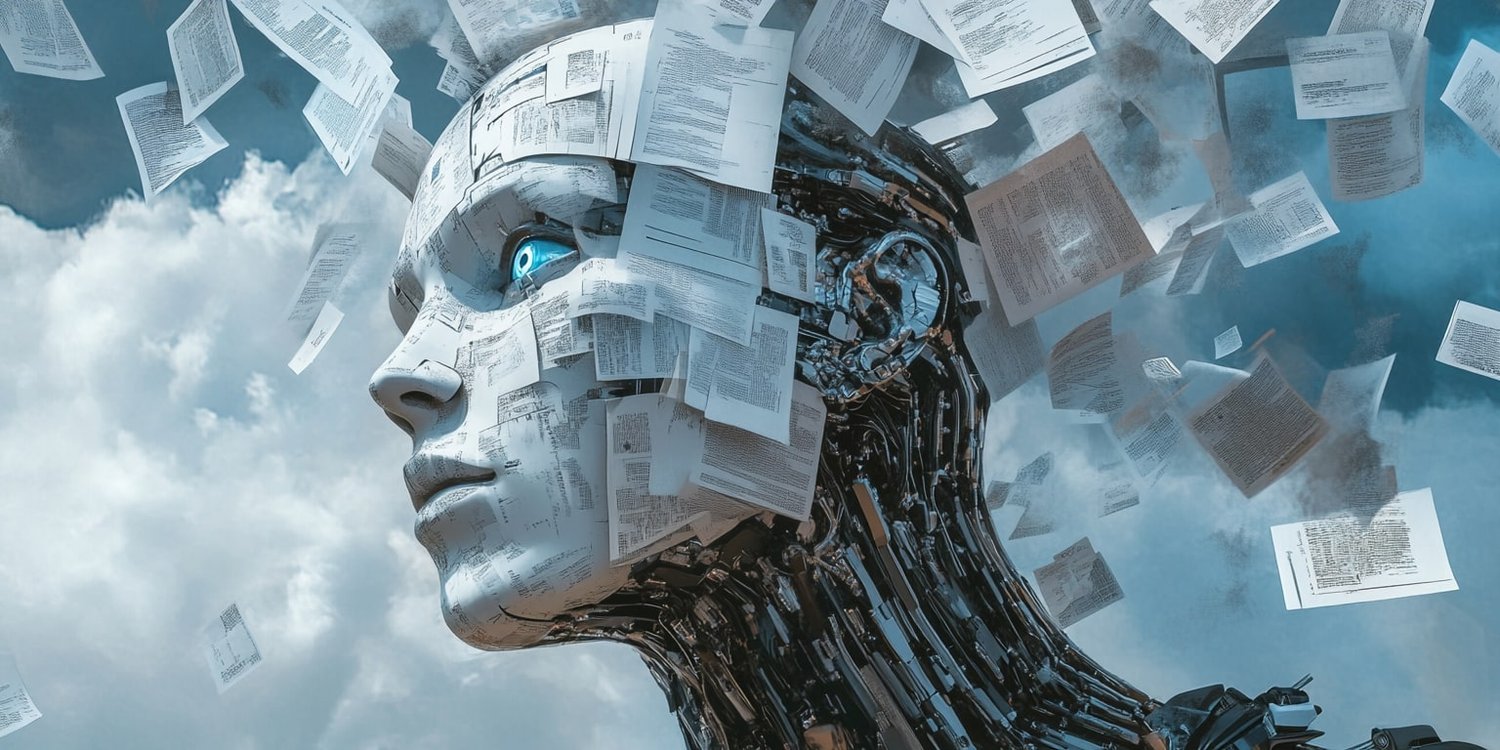AI Agent vs AI Chatbot – Which is Better in 2025?
AI agents and AI chatbots both serve unique roles in 2025. While chatbots handle simple conversations, AI agents manage complex tasks with more independence and decision-making. Choosing between them depends on what you need—quick replies or full task automation.
In 2025, digital communication looks drastically different than it did just a few years ago. AI tools are everywhere—from websites to personal apps—and two terms keep popping up again and again: AI agent and AI chatbot. They sound similar, but their functions, depth, and performance often differ more than people realize. I’ve spent a lot of time observing their roles in business, support, and even daily life, and I’ve found that knowing the key differences is no longer optional—especially for companies and individuals relying on automation.
So, when we ask AI Agent vs AI Chatbot – Which is better in 2025?
The answer isn't just black and white. Each tool has its strengths, and while they may overlap, they often serve different needs. To make an informed decision, it’s important to look at their features, use cases, and how they align with your goals.
Let’s unpack what separates these two technologies and which might be the better fit for today—and the years to come.
AI Agent vs Chatbot: Breaking Down the Basics
The easiest way to think about the AI agent vs AI chatbot debate is by looking at how each tool operates in real-world scenarios. Chatbots are usually designed for single-turn interactions. They wait for a prompt, then respond. You might find them answering FAQs on a retail website or helping you reset your password. They're reliable and often rule-based, sticking to a predefined path.
In comparison, AI Agents act with more independence. They analyze more data, interpret context over time, and can take actions on your behalf. Think of them as more like virtual assistants than chat-only tools. They don't just respond—they also process, reason, and sometimes even initiate tasks.
We see more and more platforms switching to AI Agents, especially in industries where the demand for decision-making and autonomy is high. But that doesn’t mean chatbots are outdated. They're still widely used because they’re easier to build, cost-effective, and work well for many straightforward tasks.
So, in 2025, choosing between the two depends on what you really need.
Do you want something fast and simple, or do you need a tool that can think and act across systems?
What is a Chatbot?
A chatbot is a software program designed to simulate conversation with human users, typically through websites, messaging apps, or mobile applications. Their main purpose is to automate conversations that would otherwise require human intervention. Many of us have interacted with chatbots without even realizing it. Booking a hotel, checking delivery status, or even reporting a service issue—these tasks are often handled by chatbots now.
Here’s how chatbots usually operate:
-
Rule-based chatbots: These follow pre-written scripts. They’re limited but fast and reliable for repetitive questions.
-
AI-powered chatbots: These use machine learning and NLP (Natural Language Processing) to understand language more fluidly and provide relevant responses.
Some common chatbot features include:
-
Handling multiple user requests at once
-
Providing instant answers without wait times
-
Reducing the need for human customer support
Despite their simplicity, chatbots remain a major part of AI agent vs AI chatbot conversations because they are still useful in many sectors like eCommerce, banking, and travel. They’re also getting better thanks to improvements in NLP.
For example:
-
An airline chatbot can help you book, reschedule, or cancel flights
-
A chatbot for a clothing brand might help track orders or process returns
-
Internal HR chatbots can manage employee queries about leaves or policies
But even with all these uses, there’s a ceiling to what chatbots can do. They’re reactive by nature and need the user to initiate every interaction. That’s where AI Agents step in to handle more layered processes.
AI Chatbot Use Cases
In 2025, chatbots are not limited to just answering questions. Their presence is expanding across many industries because they help reduce human workload and speed up service. Here are some practical examples where chatbots are making a difference:
-
Customer service: From banks to food delivery apps, chatbots are resolving customer queries 24/7 without human staff.
-
E-commerce support: Helping shoppers find the right product, apply discounts, or navigate return policies.
-
Healthcare queries: Many platforms now use bots to provide health tips, book appointments, or offer general medical info.
-
Education support: Students can interact with bots to get lecture schedules, deadlines, or study resources.
Chatbots are also helping in content moderation, guiding users on subscription services, and supporting internal IT departments. Despite being relatively simpler tools, they are reliable and fast.
Still, as the conversation about AI agent vs AI chatbot gains momentum, it’s clear that while chatbots serve well in specific cases, they don’t provide the deeper integration or autonomous task handling that modern AI Agents offer.
What is an AI Agent?
An AI Agent goes beyond scripted replies. It’s a software system that can perform tasks, solve problems, and even take action across different platforms without constant supervision. These agents are often equipped with more advanced models and capabilities compared to chatbots.
Think of it this way:
-
AI Agents can process context: They understand long-term goals and ongoing tasks.
-
They can access various systems: Integrating calendars, CRMs, emails, and data systems to work across applications.
-
They can act independently: Unlike chatbots, which wait for input, agents can decide when to send updates or take action.
Some of their key traits include:
-
Decision-making capabilities
-
Multistep task completion
-
Personalized interaction based on past behavior
-
Adapting to user needs over time
You might see an AI agent managing your calendar, booking appointments based on your availability, or drafting personalized emails. In a business setting, they might pull up past customer records, assess sentiment, and escalate the issue to a manager automatically.
For example, some users have integrated AI agents to monitor customer feedback in real-time. When negative comments arise, the AI agent can flag them, initiate a resolution workflow, and inform customer service.
That’s a major shift from traditional chatbots, making this question— AI agent vs AI chatbot—more than just technical. It’s about which tool matches the complexity of your needs in 2025.
AI Agent Use Cases
AI Agents are being used in powerful ways across industries. Here’s how they’re making a difference in real-world applications:
-
Sales and CRM management: Agents can follow up with leads, schedule meetings, and update records in your CRM.
-
Smart productivity assistants: Helping individuals prioritize tasks, manage meetings, and remind them of deadlines.
-
Automated recruitment: Screening resumes, scheduling interviews, and sending updates to applicants.
-
Healthcare: Monitoring patient vitals from connected devices, flagging anomalies, and scheduling appointments accordingly.
In particular, AI Agents are helpful in cross-functional environments. They’re capable of operating across different departments or software systems, which is something most chatbots still can’t do.
In the comparison of AI agent vs AI chatbot, the AI Agent proves to be more dynamic and independent. It’s not limited to a single task or conversation window—it works more like a digital employee.
Some startups have even integrated AI Agents to communicate with customers using advanced features found in apps similar to a talk to AI girlfriend chatbot, offering responsive, emotional conversation styles that go far beyond the capabilities of traditional bots.
Key Differences Between AI Agents and Chatbots
Here’s a side-by-side comparison that sums up their core differences:
| Feature | Chatbot | AI Agent |
|---|---|---|
| Task Complexity | Simple, predefined | Complex, multistep |
| Interaction Style | Reactive | Proactive |
| Learning & Adaptation | Limited | Dynamic |
| System Access | Usually single-platform | Multi-system, integrated |
| Personalization | Basic | Advanced based on context |
| Autonomy | Needs input to act | Can act independently |
So, when considering AI agent vs AI chatbot, it’s not just about what's new—it’s about what works best for your setup.
Where Each Tool Excels in 2025
While both are widely used, they excel in different areas:
-
Chatbots are ideal for:
-
Quick responses
-
Structured customer support
-
Scalable FAQ handling
-
-
AI Agents are better suited for:
-
Managing tasks across tools
-
Personalized communication
-
Monitoring systems and initiating actions
-
Interestingly, some users who need more private or customized interaction formats have shifted toward erotic AI chat platforms that are more AI Agent-like in behavior, offering richer and adaptive conversations.
Which One Should You Choose in 2025?
If you’re weighing AI agent vs AI chatbot, ask yourself:
-
Do you need quick, repetitive interactions? Go with chatbots.
-
Do you require deep integration and proactive responses? Choose AI Agents.
For small businesses or customer service teams, chatbots are still valuable. They’re cost-effective and quick to set up. But if you're part of a fast-moving company, especially one managing multiple platforms, AI Agents offer long-term gains.
I’ve seen marketing teams, especially those working with an AI SEO agency, rely heavily on AI Agents to manage campaign performance, adjust bidding strategies, and generate real-time reports—all without human help.
So, there's no one-size-fits-all. The answer to AI agent vs AI chatbot depends on your tech needs, resources, and how much automation you truly want.
Conclusion
In 2025, the AI agent vs AI chatbot conversation is more relevant than ever. We’ve moved far beyond basic Q&A bots and now see intelligent systems that think, plan, and act. Still, not everyone needs the full power of AI Agents, and chatbots remain reliable for many routine tasks.
They each serve different needs, and both have a place in the modern tech world. While chatbots keep things simple and fast, AI Agents are driving real digital transformation.
So, whether you’re managing a startup or running a large enterprise, the choice you make between the two will shape how well you interact with your users and customers moving forward.

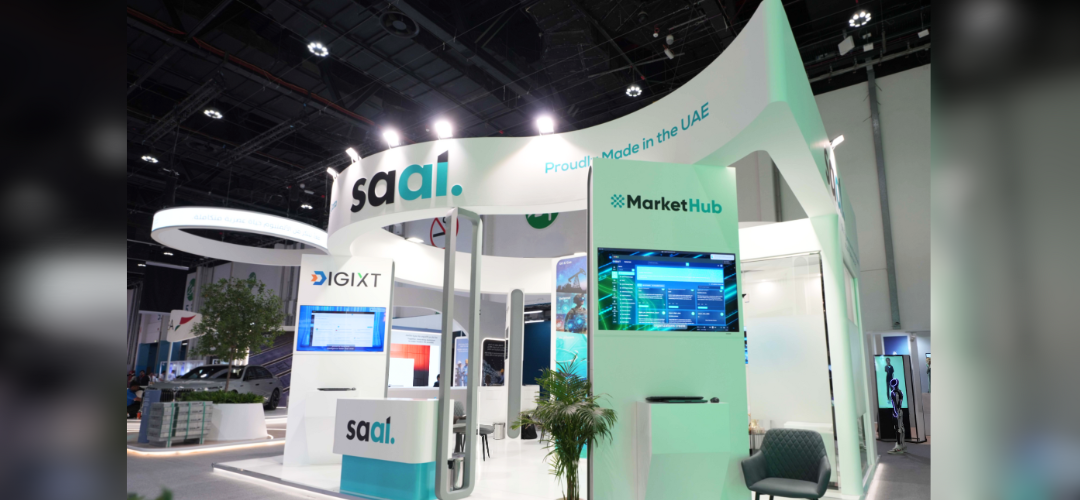




































![[The AI Show Episode 148]: Microsoft’s Quiet AI Layoffs, US Copyright Office’s Bombshell AI Guidance, 2025 State of Marketing AI Report, and OpenAI Codex](https://www.marketingaiinstitute.com/hubfs/ep%20148%20cover%20%281%29.png)


![[The AI Show Episode 146]: Rise of “AI-First” Companies, AI Job Disruption, GPT-4o Update Gets Rolled Back, How Big Consulting Firms Use AI, and Meta AI App](https://www.marketingaiinstitute.com/hubfs/ep%20146%20cover.png)













